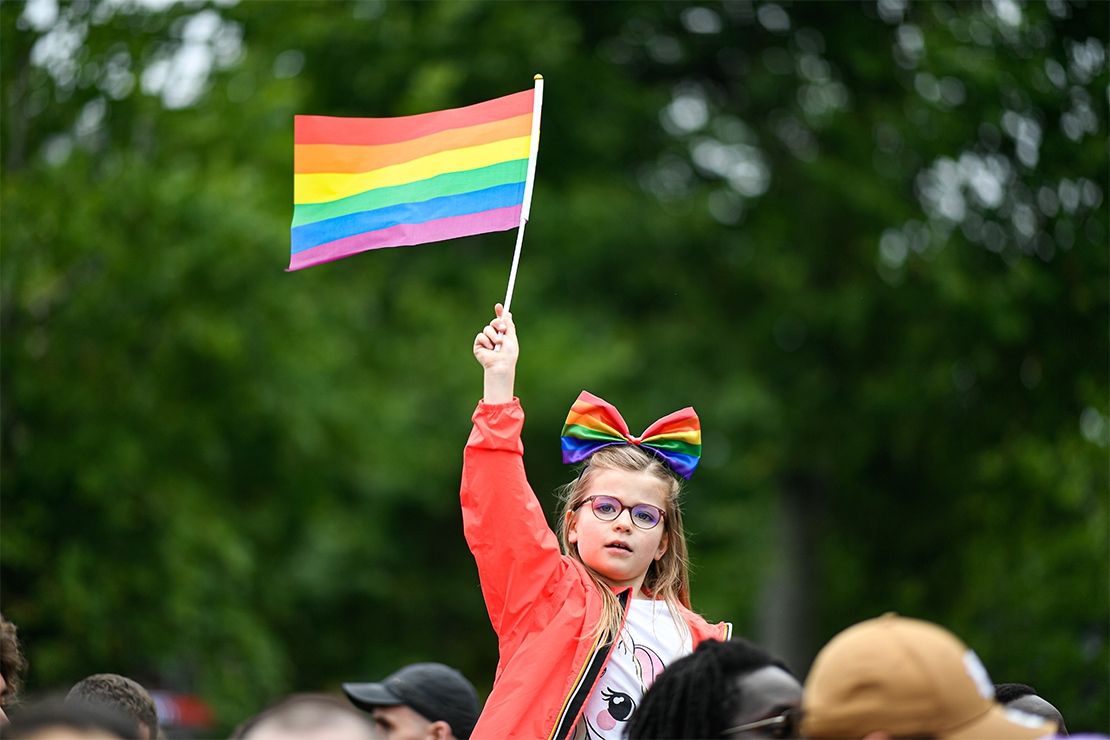
The Imperial Sovereign Court of the State of Montana v. Knudsen
What's at Stake
On February 15, 2024, the ACLU and ACLU of Montana filed an amicus brief urging the U.S. Court of Appeals for the Ninth Circuit to leave in place an injunction against enforcement of a Montana law that infringes minors’ First Amendment rights by restricting their ability to attend drag performances.
Summary
Live theatrical and musical performances, including drag performances, are First Amendment–protected speech. Minors who wish to attend such performances have a constitutional right to do so. Montana’s House Bill 359 (the “drag ban”) violates that principle by censoring a vast amount of speech in the presence of minors without requiring a showing that the speech is obscene as to kids or anyone else. For example, the bill prohibits “drag story hour,” which the statute defines as an event hosted by a drag queen or drag king who reads children’s books and engages in other learning activities with children.
On February 15, 2024, the American Civil Liberties Union and ACLU of Montana filed an amicus brief urging the U.S. Court of Appeals for the Ninth Circuit to leave in place an injunction against enforcement of the drag ban. As the brief explains, Montana’s drag ban fails to pass constitutional muster in several respects. First, the law restricts speech based on its content by targeting drag performances, but not other performances. Laws of this kind trigger the highest degree of First Amendment scrutiny, which requires content-based restrictions on speech be justified in light of a compelling governmental interest which they must be narrowly tailored to achieve. The drag ban fails this test. It is not drafted to protect minors from actual psychological or neurological harms; rather, it seeks to restrict drag performances because legislators disagree with the messages those performances convey about gender identity. The First Amendment precludes such a law.
Nor is the drag ban in any way limited to speech that is obscene, either as to children or generally. It explicitly targets speech that is not sexual in any way by imposing a ban on so-called drag story hours, in which a “drag queen or drag king” “reads children’s books and engages in other learning activities” with minor children present. Furthermore, its prohibition on performances that “appeal to a prurient interest” fails to consider whether the performances are patently offensive or lack serious artistic, political, or scientific value, as Supreme Court precedent demands—in fact, Montana lawmakers in the course of passing the drag ban considered and then outright rejected incorporating this test. Because every application of the drag ban to speech that is not constitutionally obscene infringes on First Amendment rights, the drag ban should remain enjoined.
This brief contributes to the ACLU’s ongoing work to protect LGBTQ+ and allied communities’ First Amendment rights in the face of attacks that target expression, such as drag performances, about non-majoritarian gender expressions and identities.
Legal Documents
-
U.S. Court of Appeals for the Ninth Circuit -
- Brief Amici Curiae of the ACLU & ACLU of Montana
Brief Amici Curiae of the ACLU & ACLU of MontanaDate Filed: 02/15/2024
Affiliate: Montana
Download Document

